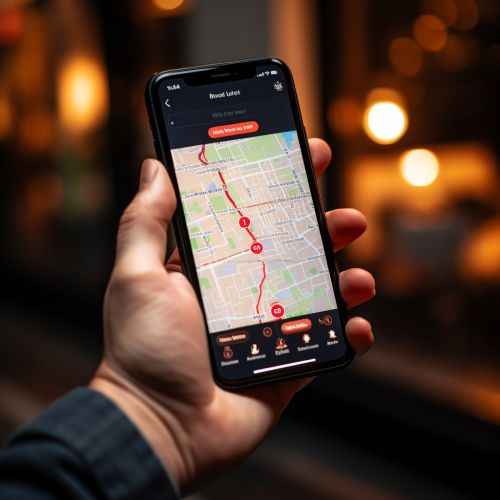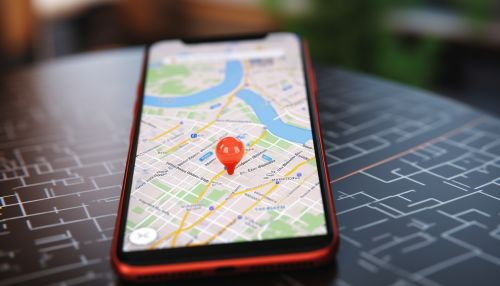Location-based service
Introduction
A location-based service (LBS) is a software-level service that uses location data to control features. As such, LBS is an information service and has a number of uses in social networking today as information, in entertainment or security, which is accessible with mobile devices through the mobile network and which uses information on the geographical position of the mobile device.


History
The history of LBS can be traced back to the 1970s with the advent of the Global Positioning System (GPS). However, it was not until the 1990s that the infrastructure and technology matured enough to enable widespread use of LBS. The first consumer LBS was the Enhanced 911 system for emergency services in the United States, launched in 1996.
Technology
The operation of LBS requires four fundamental components: mobile devices, mobile networks, the LBS platform, and service and content provider. Each component plays a role in the overall functioning of the system.
Mobile Devices
Mobile devices are the user interfaces in LBS. They are usually equipped with a GPS receiver for location detection and a mobile client for communication with the service provider.
Mobile Networks
Mobile networks are responsible for the transmission of location data and service requests between the mobile device and the service provider. They can be either 2G, 3G, 4G, or 5G networks.
LBS Platform
The LBS platform is the system that manages the services provided. It processes the service requests from the mobile devices, retrieves the necessary content from the content providers, and delivers the content to the mobile devices.
Service and Content Provider
The service and content provider is the entity that provides the actual services and content to the users. It can be a separate entity from the LBS platform provider, or it can be the same entity.
Services
LBS offers a wide range of services that can be broadly classified into five categories: navigation and tracking, information services, entertainment services, commerce services, and emergency services.
Navigation and tracking services provide users with their own location and guide them to a desired destination. This category also includes vehicle tracking and fleet management.
Information Services
Information services provide users with information about their surroundings. This includes services such as local search, location-specific weather information, and traffic updates.
Entertainment Services
Entertainment services are designed to provide fun and enjoyment to users. This includes services such as location-based games, virtual tours, and location-based social networking.
Commerce Services
Commerce services enable transactions based on the user's location. This includes services such as location-based advertising, location-based shopping, and location-based payment.
Emergency Services
Emergency services provide assistance in emergency situations. This includes services such as emergency call routing, roadside assistance, and child tracking.
Privacy and Security
Privacy and security are major concerns in LBS due to the sensitive nature of location data. There are several privacy and security issues associated with LBS, including unauthorized access to location data, misuse of location data, and location spoofing.
Future Trends
The future of LBS is likely to be shaped by several trends, including the proliferation of smartphones, the evolution of mobile networks, the development of more sophisticated LBS applications, and the increasing importance of location data in various fields.
